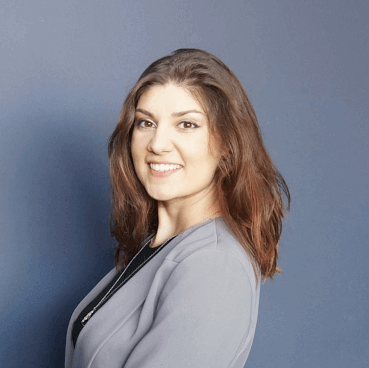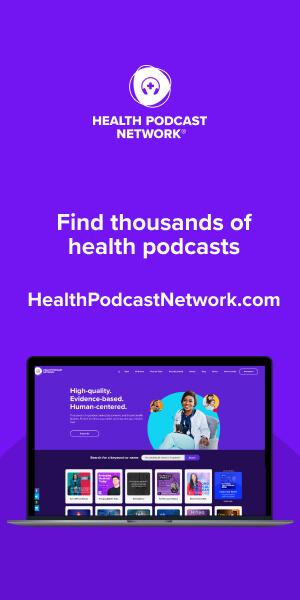Q1: How do you think on-demand health insurance impacts patients’ financial future and their choices?
Tony: Firstly, notice one key distinction – on-demand healthcare versus on-demand health insurance. At BIND, we provide on-demand health insurance. We observed that consumers in the US use the healthcare system very episodic and transient way – an on-demand kind of way. A symptom arises, a need arises, and they want to solve this quickly and efficiently so they can get back to their everyday life. Based on this knowledge and understanding of the market needs, we tried to think of whether we can match up the financing of health to its usage. What we figured out is – YES, you can! On-demand technology makes my life, and others’ lives so much easier. The easier it is for me, or them to get a product or service, the more of it gets consumed. Therefore, If you match the financing with the way people actually access the healthcare system, they will buy more. When we started building the actuarial models it became very clear to us that this is a very easy thing to do. But also, very disruptive to the core players in the health value chain – the insurance companies.
Q2: How do you anticipate digital health technologies will change just the insurance landscape in the future?
Tony: Firstly, I think digital is actually going to give us a chance to talk about how digital life has changed our everyday life into this on-demand kind of world. Secondly, Insurance is the first shared economy – we all had to subsidize each other’s spending. Depending on how all of us spend, it becomes more or less affordable. Therefore, if we could build a group that is going to buy really efficiently and effectively, in time – premiums could be zero! I want to do that and I’m gonna figure out how to do that. Healthcare in the future can actually look much more affordable than it is today, including for the people with the biggest illness burdens, and the toughest to treat conditions.
Demi: Living abroad has given me the chance to see what living with a zero premium looks like.
Tony: Those are the societies that have decided to create the shared economy as a society. Everyone pays in, and then everyone gets care. The US has not gone that way, which has caused this whole problem of: How do you get people who haven’t been paying in, to pay into the system? We are focused on the place where the system is paid into right now – which is the employer. Offering a health benefit is the second highest cost to an employer next to your wage. On average, it costs employers almost $11,000 per capita to provide health insurance. If you had that $11,000 that you could control and design your own health insurance, you probably would design and use it very differently than what I would use it for. Under a group policy, the way we’ve built it today, there is no room for customization. What BIND does is it creates products that dynamically change anytime as that person wants to use their $11,000.
Demi: What do you mean when you say products?
Tony: There is a big conversion that has to happen. What are patients really trying to buy? Are they trying to buy a hospital visit or are they trying to solve their fibromyalgia? BIND’s products are atomized pieces of coverage that are built around conditions. When you see the best way to solve your condition, then you are not bouncing around inside this system that isn’t oriented around that condition. Take symptoms and map them to conditions – they will all live in the cloud. The primary care centered model is going to be replaced by digital.
Demi: Many primary care doctors that I’ve talked to are just tired of patients coming in and saying, I went on symptom checker, I know exactly what I have, you just need to give me the medicine for this condition. And the physician is left frustrated as well as the patient.
Tony: There is this fallacy in the physician world, which is the physician is expert. What we do know is the position is not expert. Physician error rates are very large, and a lot of it is cognitive error. Cognitive computing and AI computing can help solve this. Even though the first versions of what you’re talking about were really at the advent of the Internet and there was information available to people, today, we are on the next edge and other digital AI wave is going to actually build context into that information. It will be more nuanced.
Q3: How important is digital health technology to BIND and could have it been possible without it?
Tony: No, you couldn’t have even had BIND five years ago. If you look at all the other ACA VC backed insurance the thinking is – I’m going to put insurance on a modern tech stack, right? It will do all this cool stuff. Our view was putting insurance on a modern tech stack and just leaving the product the same isn’t going to make insurance better. The question you should ask yourself is – what product does a modern tech stack enable? How would we then change insurance based on the new capabilities – distributive computing, AI, constant monitoring? What would that product look like?
Lightning Round
1. What is a saying, quote or phrase that motivates you?
“Be the change you want to see in the World.” – Gandhi
2. What advice do you have for others working to innovate and healthcare?
If you’re going to innovate in healthcare, expect a lot of failures. But that failure actually is teaching you something. Don’t give up. Eventually, you are going to find a breakthrough. Don’t think you have to get the right answer the first time.
3. What book do you recommend to our listeners?
The Innovators by Walter Isaacson.
4. What is the tech that makes her life better and easier and keeps you healthy?
Soul Cycle, CorePower Yoga Apps – I have apps for all the places I go to go workout.
5. If I give you a check for 5 million where would you invest it and what health technology would invest today?
We put all our chips into BIND. If you really want to change the system at the core of where to change the system is financing. That’s where you should put your money.





